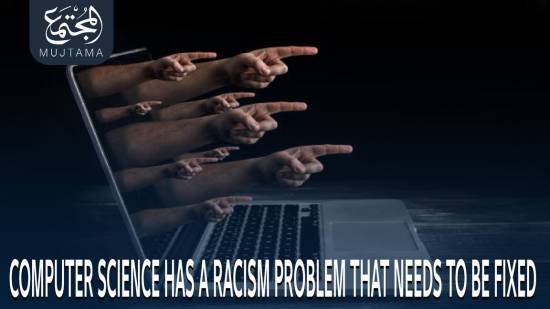Computer science has a racism problem that needs to be fixed Featured
There are diversity gaps in computer science and in science, technology, engineering and mathematics (STEM) subjects in many countries. The problem is particularly acute in the United States, which spends much more than any other country on research and development and is home to many of the largest technology companies. Despite being a global leader in computer science, the United States has long struggled to increase diversity in this area, writes Melba Newsome for Nature.
Computer occupations make up one of the fastest-growing employment sectors in the United States, and the US Bureau of Labor Statistics projects that the number of jobs in this area will increase three times faster than the average – and faster than many other fields in STEM.
But black, Latino and indigenous people remain under-represented in computing jobs. Black and Hispanic people make up almost 13% and 18% of the US workforce, but they hold only 7% and 8%, respectively, of the jobs in computing. (The US government considers ‘Hispanic or Latino’ an ethnicity and that people of Hispanic or Latino origin may be of any race.)
Full report on the Nature site


